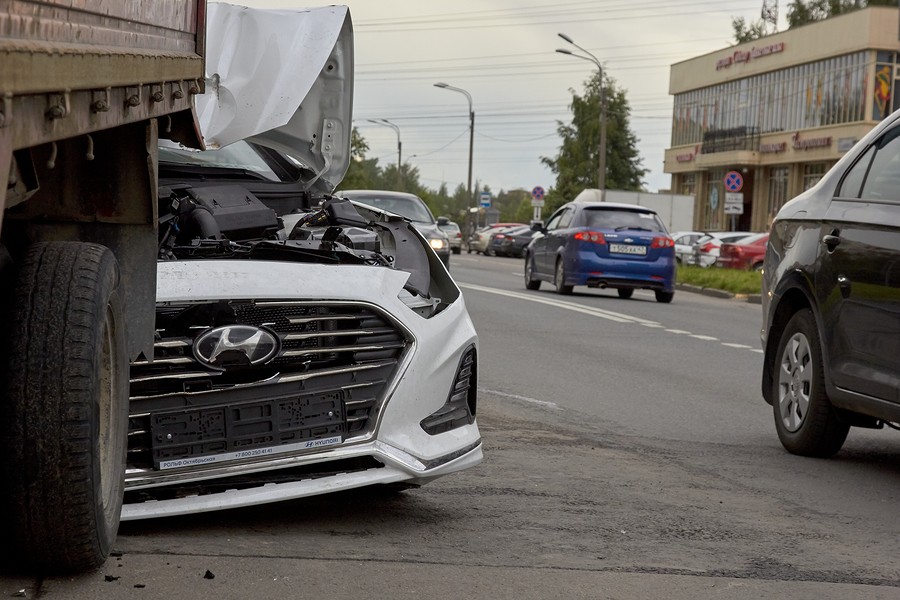If you're wondering, “My car is totaled, what does that mean,” it means that your vehicle got exposed to major damage beyond repair costs. That's why your insurance company declared it a total loss.
It's not rare to deal with major car accidents; when this happens, many vehicles get completely damaged. In that case, you might hear that the insurance company claims your car as a total loss.
Understanding what a total loss means and what it means when your car is totaled is very important because it will help you determine what needs to be done next and how this will impact the value of your vehicle.
This article provides detailed guidance to help you understand what it means when your car is sold and what factors impact the total loss decision, along with steps to take if your car is totaled. It also provides some recommendations about what to do with your total car.
My car is totaled; what does that mean?
Before we dive into the details about what to do with your totaled car, you must understand what it means in the first place to have a totaled car.
If your car gets involved in a car accident, the insurance company will take care of the repair costs, assuming that you have the right insurance type to cover all damages. However, there are some situations where the vehicle gets extremely damaged in a way that the insurance company decides not to repair it and to claim it as what's known as a total loss.
You must understand what it means and the consequences of a total loss of cars because this will impact your decision about what to do with this vehicle in the future.
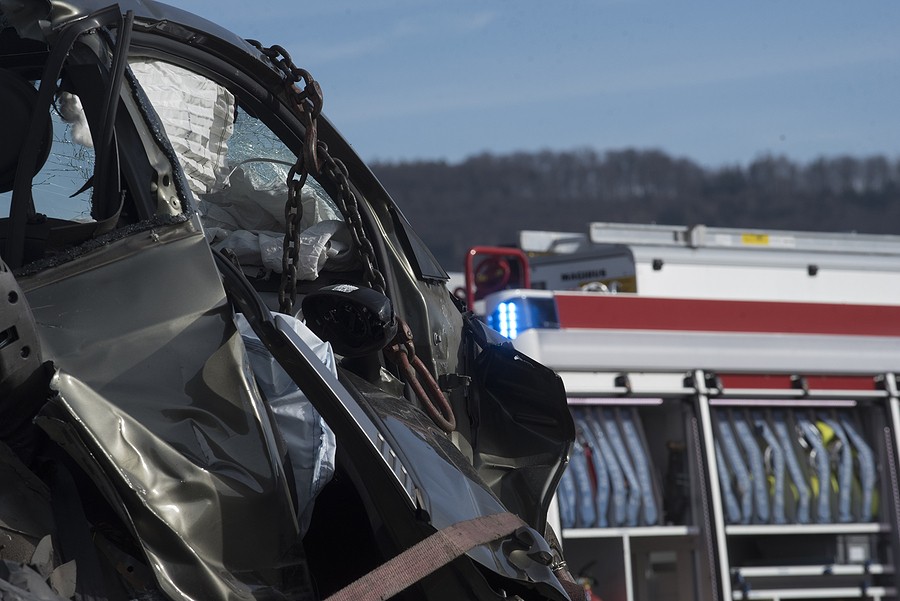
What factors impact the total loss decision?
Not every vehicle will be claimed as a total loss because it depends on many factors that impact the insurance company's decision. Typically, the insurance company will claim your car as a total loss by reviewing the following factors:
1- Vehicle Value
The first and most critical thing that the company will look into is what's known as the vehicle's actual cash value or AVC. This value represents your car's market value before the accident happens because it gives them an idea about how valuable your car is, and this considers information like your vehicle's mileage, type, pre-existing damages, etc.
2- Repair costs
Then, once they know about your vehicle's AVC, they'll look at their repair costs. These repair costs involve determining how much you'll take the mechanic shop or the dealership to fix your vehicle completely and restore it to what it was before.
If the insurance company realizes that repair costs will be between 70% and 80% of the AVC, they'll decide not to fix the vehicle and claim it as a total loss.
3- State threshold
In some states, you might find some regulations that require the insurance company not to depict the vehicle and claim it as a loss. You need to check in your state and confirm whether you have such a number or such a presence.
4- Salvage title laws
In some rare occasions, depending on the state regulations, your state might not allow you to fix the vehicle even if the repair costs are lower than the ACV. This could be because of certain issues that impact the vehicle's safety components and might not make it as suitable to be driven on the roads as it should be.
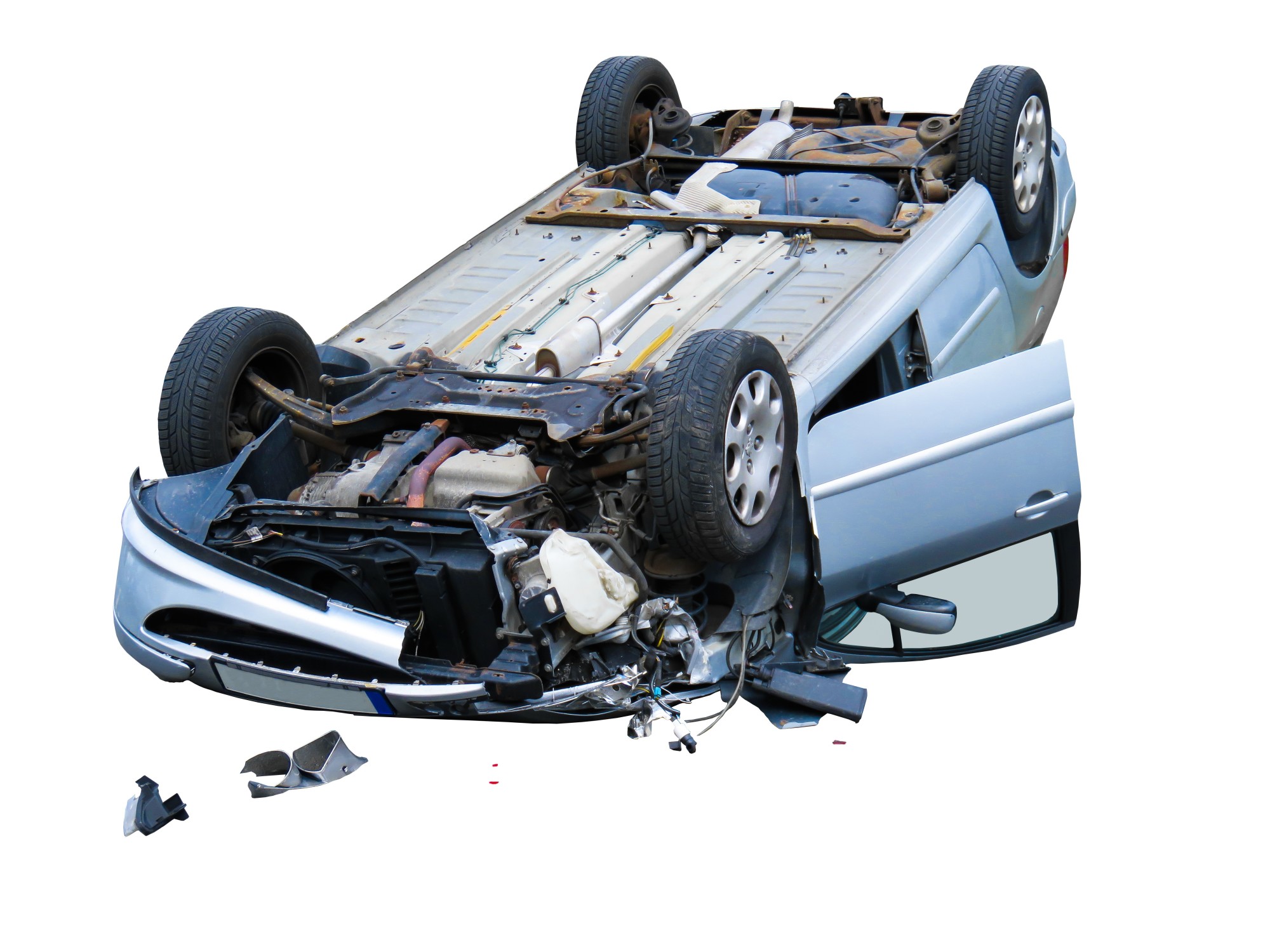
What to do if your car is totaled?
Suppose your vehicle got involved in a major car accident, and you suspect it's probably a potential total loss. In that case, you must follow certain steps to get this finalized and avoid dealing with legal complications that might impact you.
The following list provides you with a summary of what needs to be done if you suspect that your vehicle is a total loss:
1- Contact the insurance company
The first thing you need to do is to get in touch with your insurance company. You have to let them know that the vehicle was involved in a minor car accident and explain to them that you suspect the car might be considered a total loss.
The company should provide you with recommendations and steps you need to take to finalize the problems and make sure that you didn't miss any important items in the claim so you get things going as soon as possible.
2- Perform assessment and inspection
After you file the claim, the insurance company will send a person or a representative to evaluate your vehicle and perform the assessment and inspection. They'll typically calculate the ACV and understand the total expected repair cost.
3- Received total loss declaration
Once the company confirms that your vehicle is indeed a total loss, they'll issue or declare your car as total. This involved some written documentation you must keep to move forward with the process.
4- Negotiate
As part of the declaration, the insurance company will provide you with a value for your vehicle that will pay and get your car. In that step, it is critical that you negotiate and do not go immediately with what they are offering you.
Unfortunately, many insurance companies might take advantage of inexperienced car owners and offer them a very low offer. However, you must research, understand why you should go with a higher offer, and hopefully start negotiating between them to get a higher offer,
5- Perform title transfer
If you accept the offer, the insurance company will take ownership of the vehicle, which involves transferring the title. Ensure you understand all the state regulations to confirm that you assigned all the paperwork and that nothing is still held under your name.
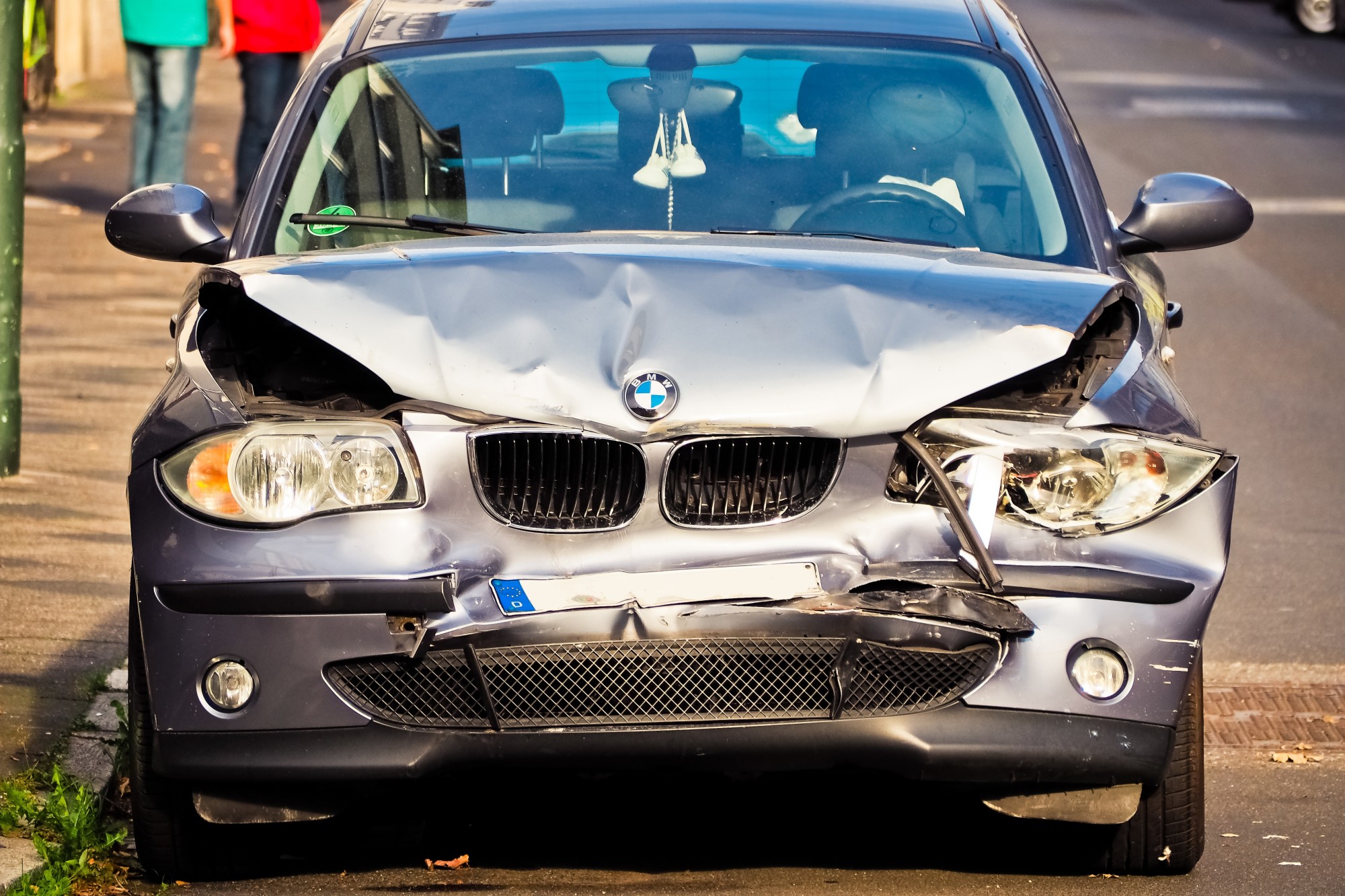
What options are available for you when your car is total?
If you confirm that your vehicle is claimed as a total loss, it doesn't necessarily have to be that you accept the offer your insurance companies are providing you. In other words, you still have some options to keep and sell the vehicle yourself.
The following list provides you with some options available for you to deal with the vehicle that is considered a total loss:
1- Accept the settlement
The most straightforward and shortest cut people take is to accept the settlement from the insurance company. This involves accepting every number they provide you, and if you could successfully negotiate the price and get a higher offer, that would be a good win.
Once things are kept in mind, accepting the offer means that you're going with the lowest thing your vehicle can make, and if you have the energy and the time to try selling the vehicle on other approaches, that might be worth the effort.
2- Keep the car
If you feel that the settlement and the offer the insurance company provided you are not good enough, you can refuse it and keep the vehicle to yourself. This involves understanding what needs to be done for the vehicle title and whether it's repairable.
You also need to evaluate all the hassle that you go through to deal with this car. For example, suppose you feel it will take a lot of time and effort or money to get it to work again, and this might involve dealing with a lot of people to get it sold. In that case, it might be worth accepting whatever the insurance company provides you.
3- Fix the vehicle
You must do the right repairs if you decide to keep the car. In other words, when the vehicle is claimed as a total loss, it needs a lot of repairs S. Some of these repairs might involve fixing critical components in the vehicle that might impact safety.
That's why you must choose the proper mechanic who understands the vehicle and can fix it completely. You must also check with your mechanic if this is even repairable. Some mechanics might even refuse to fix this car, considering the major problem.
4- Check with your attorney
Finally, you must consult your lawyer and confirm that it's legal for you to sell this vehicle or fix it in your state because some state-specific regulations might impact how you deal with the total loss of your car.
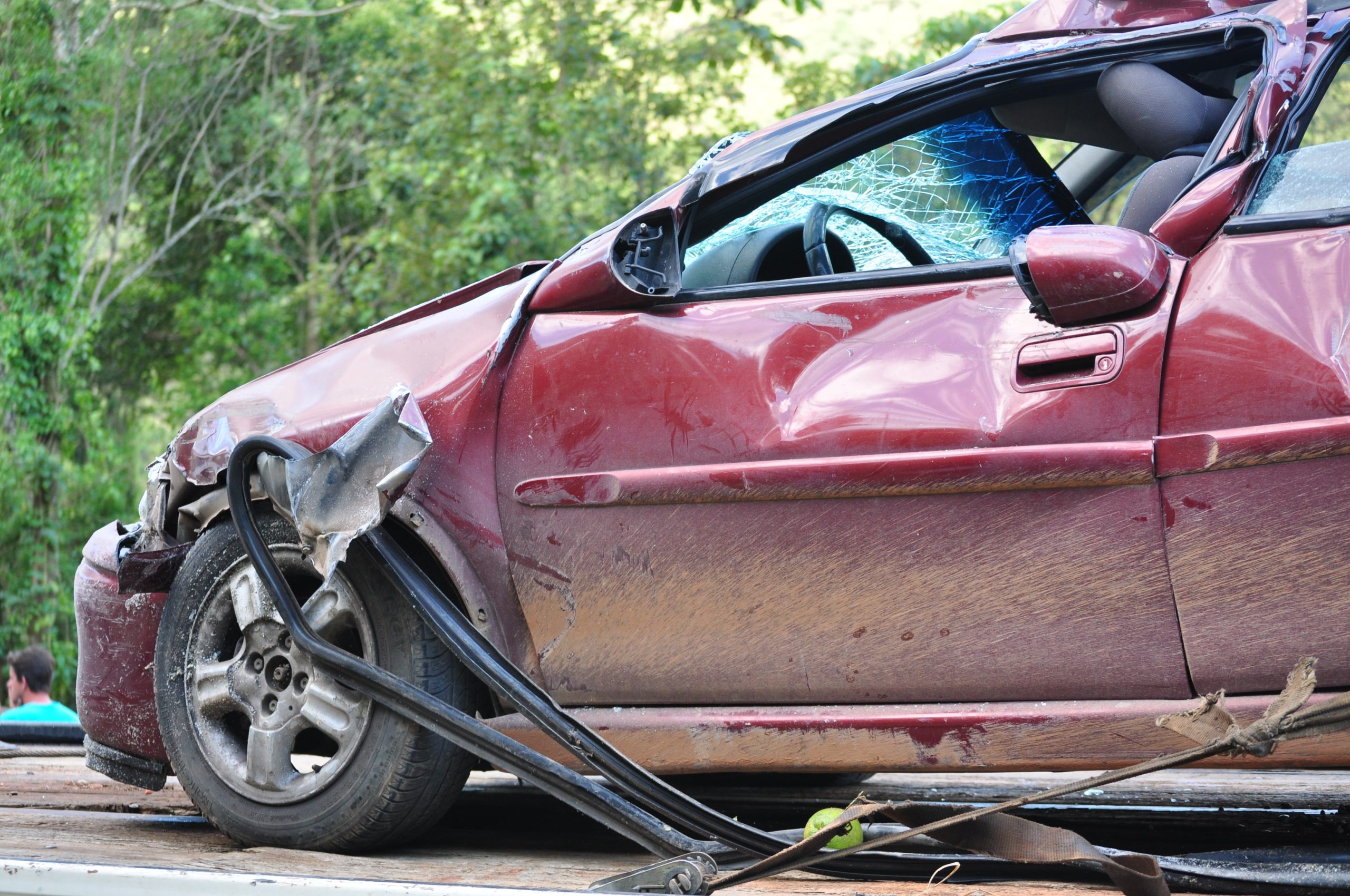
My car is totaled: Final Thoughts.
Dealing with a total loss car can be a huge hassle, especially if you haven't heard about it before or if you don't know what it means in the first place. The total loss of the car indicates that the vehicle was involved in a major accident or major damage that impacted its safety; the vehicle is claimed to be a total loss by the insurance company because they won't fix it.
This article provided detailed guidance to understand what it means to deal with that total loss car and what options are available for you, along with some recommendations about claiming a total loss vehicle and finalizing the process.
If you are interested in selling this total loss car and you're struggling to find someone to accept it, call Cash Cars Buyer at 773-791-4363.
If you're interested in similar posts, we highly encourage you to visit our blog by clicking here.

